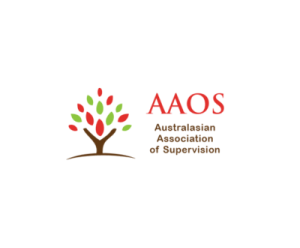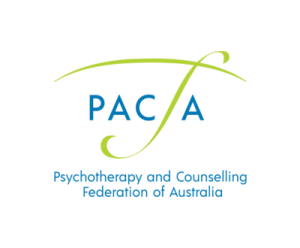Enhancing supervision skills across diverse professional contexts is helpful for supervising people-helpers effectively. This unit delves into the theories and models of professional supervision, emphasising the development of supervisory relationships and the integration of sociocultural and ethical considerations. Students will engage in reflexive practice as supervisors, gaining insights that foster their capabilities in clinical, community, pastoral, and various industry settings.
This subject focuses on the development of skills and practice for the provision of professional supervision. You will learn to apply your developing knowledge of theories and Professional Supervision for both individual and group supervision relevant to a range of contexts including clinical and pastoral settings. Additionally, this subject fosters a commitment to ongoing professional development and self-care, essential for maintaining high standards in supervisory roles.
Gaining practical experience in a professional setting is essential for bridging the gap between theoretical knowledge and real-world application. This unit consists of a 40-hour professional supervision placement that provides opportunity to develop the practitioner to work within the learned supervisory models. This subject provides an opportunity to enhance practice skills and examine professional and ethical issues under the guidance of a professional supervisor.
Maintaining professional accountability is essential for professional supervisors within professional supervision. This subject is a co-requisite subject with the professional supervision placement unit (SSC560), offering fortnightly group supervision classes to support your placement. This unit develops integration of theoretical learning with real-life practice experiences. It oversees the alignment of practice with industry practice standards through reflexive practice development and ethical considerations.








